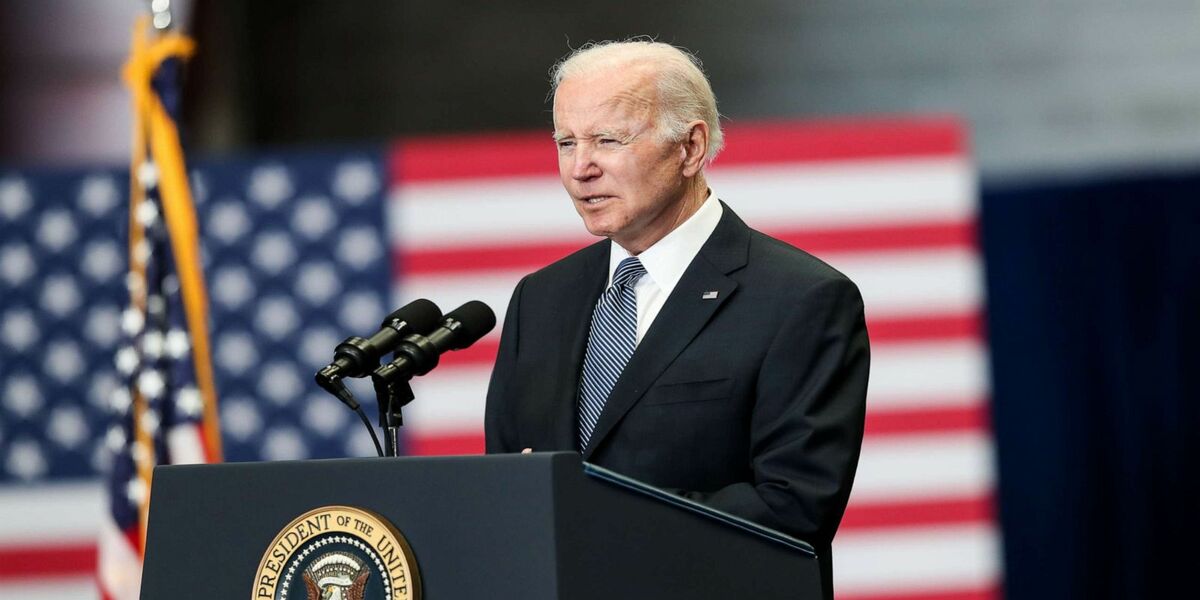The nation’s first Black Secret Service agent on a presidential detail, now 86 and residing in Chicago, has spent decades trying to cleanse his record for a crime he claims he did not commit.

A 51-year-old Houston woman was sentenced to seven years in jail for attempting to carry cocaine for her boyfriend and accomplice, who were not charged.
And a 52-year-old guy from Athens, Georgia, who works with schools to hire students at his cellphone repair business, two decades after he was accused with allowing drug traffickers to sell narcotics at his billiard hall.
All of Biden’s commutations are for people serving low-level drug-related sentences, including several who were held in home confinement during the COVID-19 outbreak. Many are Black or brown, and the White House claims that they have all made steps to improve their lives.
Biden will also announce additional initiatives targeted at improving outcomes for offenders who return society as part of a wider campaign to overhaul the criminal justice system as part of the clemency announcements, which coincide with national “Second Chance Month.” $145 million has been set aside for a government programme to train the inmates for future jobs, as well as the elimination of criminal records from grant applications from the Small Business Administration. In a statement, Biden added, “America is a nation of laws and second chances, repentance, and rehabilitation.” “Our criminal justice system can and should reflect these essential principles that enable safer and stronger communities, according to elected officials on both sides of the aisle, church leaders, civil rights advocates, and law enforcement professionals. During Second Chance Month, I’m exercising my constitutional authority to preserve those principles by pardoning and commuting the sentences of fellow citizens.”



















